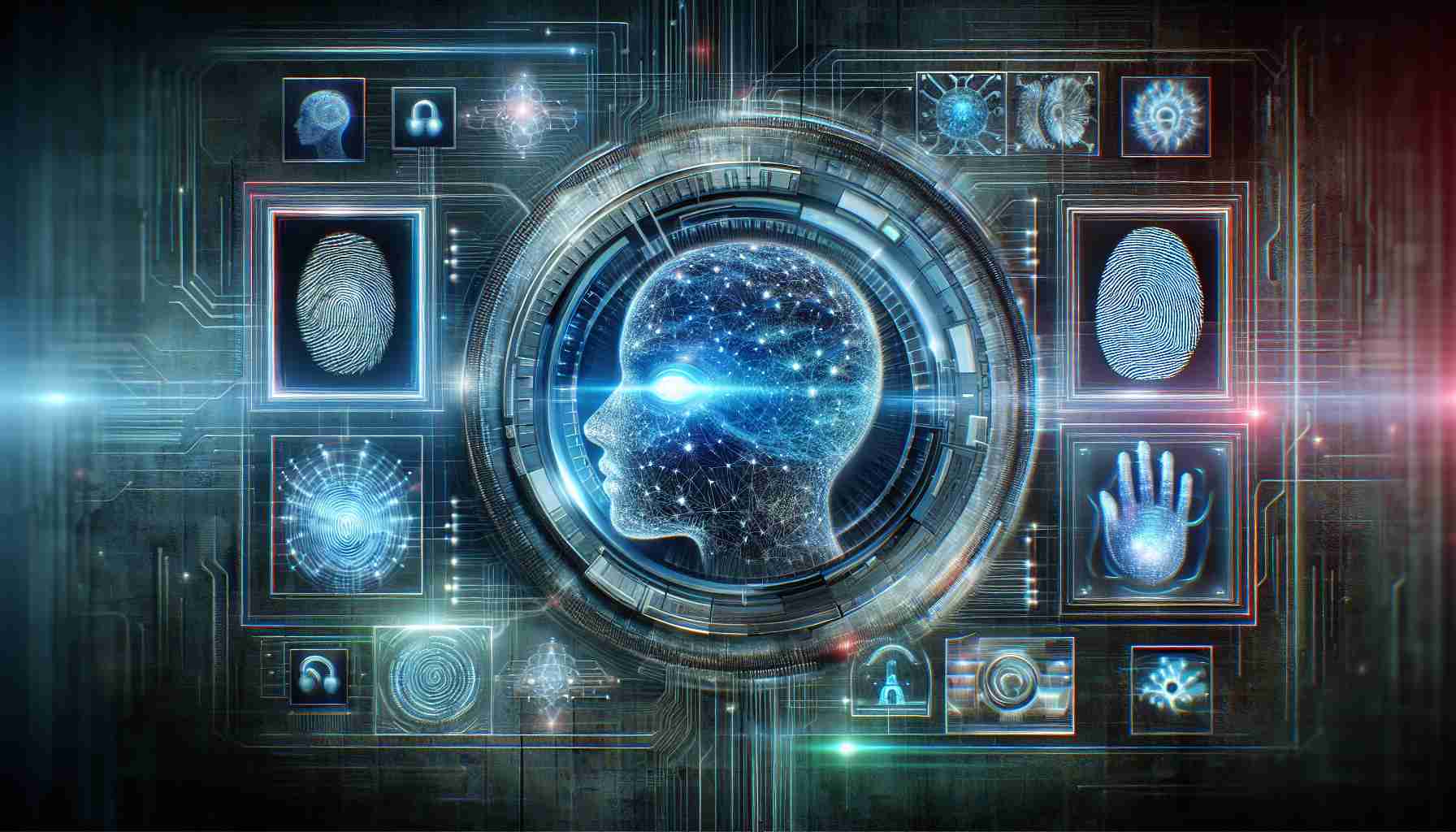- Biometric systems like fingerprint and facial recognition are becoming standard in devices, offering high-security levels through unique biological features.
- Neural interfaces suggest a future where brain-computer interactions may allow device unlocking with thoughts, transforming tech interactions.
- AI enhances security by utilizing behavioral patterns for continuous user verification, surpassing traditional passwords.
- These advancements in technology promise seamless, robust security, potentially making keys and passwords obsolete.
- The shift towards advanced security systems highlights the importance of balancing user convenience with privacy and data protection.
- Ethical innovation and responsible standards are crucial in ensuring technology empowers users fairly and equitably.
In the fast-paced world of technology, the concept of “unlocking” has been reimagined, shedding its old image of simple keys and locks. Today, the fusion of artificial intelligence and biometrics is at the forefront of how we secure access to our digital and physical spaces.
Biometric Innovation: Biometric unlocking systems, such as fingerprint and facial recognition, are taking the world by storm. These systems, now standard in smartphones and laptops, and even making their way to home security, leverage the uniqueness of biological features to offer a level of security that traditional passwords simply can’t match.
Neural Interfaces: But the evolution doesn’t stop at biometrics. The exciting field of neural interfaces is beckoning the future, with research suggesting that brain-computer interfaces could soon let us unlock devices with mere thoughts. This could redefine how we interact with technology, merging user intention with technological execution.
AI-Driven Security: Artificial Intelligence is making security smarter. With machine learning, devices can now recognize users through behavioral patterns like typing styles or usage habits. This continuous verification leapfrogs over static passwords, offering a foolproof and personalized security experience.
The Big Picture: As these technologies evolve, they promise a future where security is not just more robust but also more seamless, potentially rendering traditional keys and passwords a thing of the past. However, this technological leap comes with its challenges. Balancing convenience with privacy, especially concerning data security and energy consumption, remains a priority.
In this brave new world, as security systems become more sophisticated and embedded in our daily lives, thoughtful innovation and ethical standards will be key in ensuring a future where technology empowers us responsibly and equitably.
This Changes Everything: How AI and Biometrics Are Redefining Security
How is AI enhancing biometric security systems?
Artificial Intelligence (AI) is elevating biometric security systems by offering real-time analysis and decision-making. Through machine learning algorithms, AI can differentiate between regular usage patterns and potential threats. This enhancement means that biometric systems are not just checking identity based on a fingerprint or facial scan but also continuously learning and adapting to new security challenges.
What are the potential limitations and security concerns of neural interfaces?
While neural interfaces promise revolutionary interaction with technology, they come with limitations and security concerns. The technology is still in its infancy, with challenges in precision and user safety. Moreover, the thought of having brain-computer interfaces raises significant privacy issues, as it would require the storage and processing of highly personal data, potentially making it a target for cyberattacks.
What sustainable practices are being incorporated in advanced security systems?
Sustainability in advanced security systems reflects a growing trend. These systems are being designed for energy efficiency, using low-power biometric sensors and AI processing units. Additionally, companies are implementing green manufacturing processes and developing systems that contribute to a circular economy, focusing on recyclability and reducing e-waste.
Suggested Related Links
For further exploration, you might want to visit these authoritative sources:
– IBM for insights on AI-driven security.
– Samsung to explore biometric technologies in consumer electronics.
– Microsoft for advancements in neural interfaces and AI.
As we embrace these innovations, the blend of AI and biometrics is set to redefine security paradigms, paving the way for a more secure and intuitive future. However, as we forge ahead, it is crucial to address the ethical, privacy, and sustainability challenges that accompany these technological advancements.
The source of the article is from the blog foodnext.nl

















